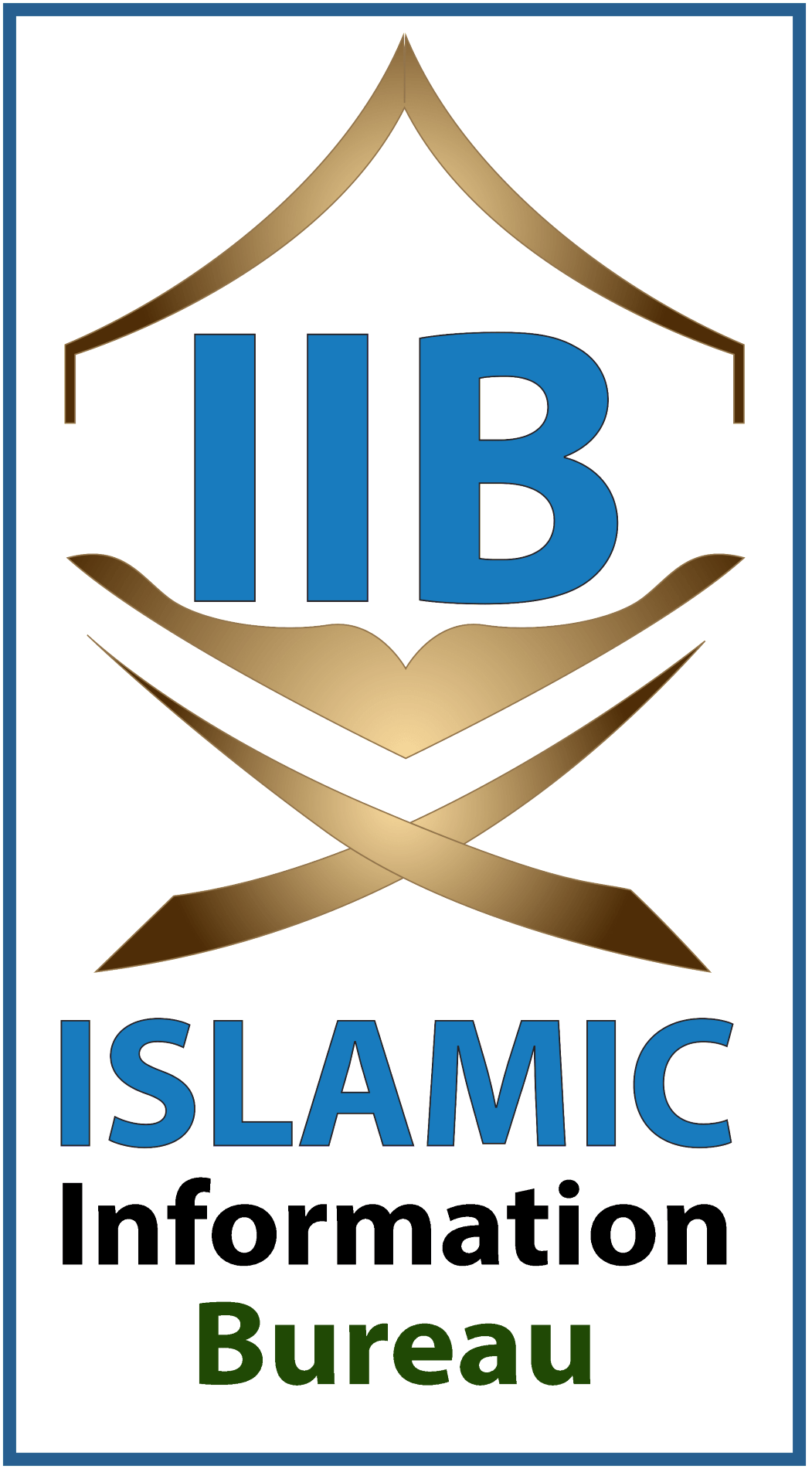As Muslims, we cannot underestimate the importance of reading, especially when the first word revealed to our Prophet Muhammad (peace be upon him) was “Read!” Yet, whenever the topic of reading comes up, although we recognize its importance we always excuse ourselves with reminders of how busy we are, or assume that reading is a waste of time compared to the other chores we need to perform during the day.
I was recently reminded about the importance of reading in a self-development book which encourages its readers to read extensively into many topics in order to widen their horizons. You can evidently see the difference between someone who reads and someone who doesn’t read, at least in the vocabulary they use, never mind the ideas and creative thinking that book lovers tend to have.
As Muslims, we should exercise two types of reading:
- Islamic reading (Quran, Hadeeth, Islamic books)
- General reading
If I were to ask any Muslim today, which category is more important, they would say that Islamic reading is more important than general reading. I would agree and it would be hard for anyone to argue otherwise. But I would also argue that general reading is important depending on the intention you make. If I were to read a book on marketing skills, and my intention is to improve my business, make more profits, and be able to give more Zakah and support my family better, won’t that be considered beneficial? Plus, wouldn’t I be rewarded for such reading? If I were to read the latest industry journal so that I am acutely aware of what’s happening in the industry and attempt to stay “on top of it all”, and my intention is to better the Ummah by being a leader in this industry instead of a follower, isn’t that something great?
One may argue, that after reading the Quran, the Prophetic ahadeeth, and other Islamic books there is no need to read any further. And I would agree with that; this is the Sacred Knowledge that one should know and continue to explore and if we truly and sincerely attempt to understand the Quran, we will find wisdom within it which suffices all the books in the world! Although it’s important to note that there is a case for reading extensively into numerous topics that interest you, ranging from reading widely into materials relating to your University degree or reading your industry’s journal, to biographies of men and women who achieved great missions regardless of their circumstances and self-help books that cultivate self-development or any other habits/traits in us that need to be developed.
We should read, read, read and constantly read in order to apply good knowledge to our lives. My advice is to be selective in reading. Whilst Islamic reading should be a priority over any type of reading, don’t forget to read extensively and be open minded about other topics. You will surely notice yourself develop!
Now, the question begs itself: how should we read? Or more specifically, how should we develop a reading habit so that we constantly read, both Islamic reading and general reading?
Below are some tips to help you along the way:
- If you haven’t yet developed a daily habit of reading Quran and Islamic knowledge, begin by developing this habit first. I advise you to set yourself 10 minutes after Fajr in your first week into this exercise and read 5 minutes of Quran plus 5 minutes of Islamic knowledge or Hadeeth. Do this daily! The key is to do it after Fajr Salah, as it will truly set your day straight.
After one week, add 10 minutes to your time. So now you’re reading 10 minutes of Quran and 10 minutes of Islamic knowledge plus hadeeth.In the third week, do this for half an hour and read 20 minutes of Quran and 10 minutes of Islamic knowledge plus hadeeth… and now just stick to that! 30 minutes, no more! You might say, I can do more. I’d say go ahead, but for our purposes, it’s important you develop a ‘habit’ that’s consistent rather than attempting more than you can chew and then forgetting about the whole exercise. Consistency will develop through deriving more beneficial lessons from the books you read. - Similarly, we should develop a reading habit for general knowledge. Again, begin with 10 minutes per day on any beneficial book you want to read. It is highly advised that you read before you sleep as it relaxes and stimulates your mind at the same time. Do this for a week and stick to it! No matter how tired you are, just read for 10 minutes. In the following week, extend your ‘bed-time’ reading to 20 minutes, then follow that by 30 minutes, and that’s it. Stick to that programme and be consistent.
After working on the above exercise for a month, you can take a step further. For Islamic knowledge, try to develop a habit of constantly reading something of Islamic knowledge after every prayer. Or between 2 Salah times, for example between Maghreb and Isha. This is where you can dig deeper into the reading and perhaps memorize or use your time to ‘study’ Islam. Similarly, for general reading, after a month of the above exercise include some reading time at work during lunch break. What you read can be related to your work (such as: FT, industry magazines, competitor work etc…) and leave your ‘bed-time’ reading to self-development books, biographies, and books which inspire and motivate.
I hope that sets us all up to continually pursue reading in our lives so that it becomes an integral part of our development.
